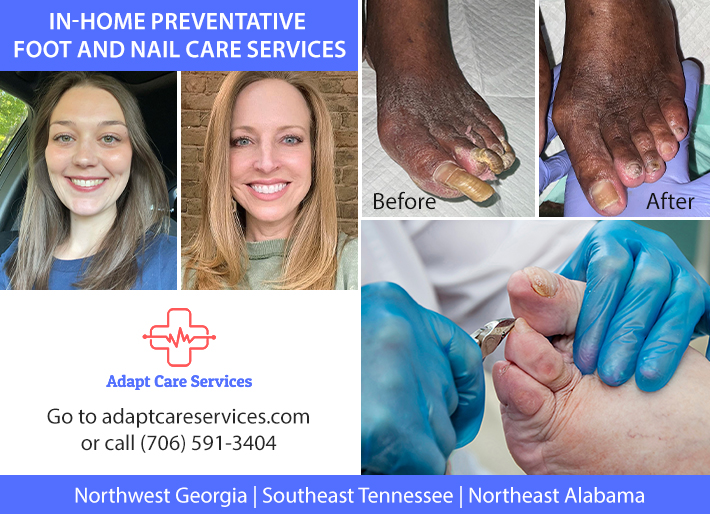Secretary of Education Betsy DeVos spoke to school board members and association staff attending National School Board Association’s Advocacy Institute on Monday. Secretary DeVos said, “as you would imagine, in my job I think a lot about all things education. And education is perhaps the most local issue there is. But those closest to students often seem to be the least empowered. And that’s not right. A one-size-fits-all approach is a mismatch for too many kids….Local challenges need local solutions.”
Secretary DeVos has championed less federal intervention and more local control. Her alliance with school choice also came through in her remarks along with the often-used “one-size-fits-all approach does not work.”
Secretary DeVos said there were a few questions each community should consider:
“Why limit educators?
Why assign kids to school buildings based on their address?
Why group kids by age?
Why force all students to learn at the same speed?
Why measure learning by hours and days?
Why suggest a college degree is the only path to success?
Why believe education stops at graduation?
These are questions that beg to be asked – and answered openly and honestly. In every state, in every community, in every home. Let’s emulate the inquisitive nature of children. They don’t put limits on their abilities or aspirations, and neither should we.”
The link will take you to her full speech but here are a few highlights:
- “Education is perhaps the most local issue there is. But those closest to students often seem to be the least empowered”
- “I recently penned a letter to parents empowering them with information about the significant flexibility ESSA affords….Instead of “Dear Colleague” letters, I much prefer “Dear Parent” letters.”
- “Embrace the freedom ESSA allows and…for which many of you fought. Additionally look for ways to extend flexibility — to empower teachers and parents, those closest to students.”
- “I’ve reminded Congress of its commitment to funding IDEA. And we’ve recently launched an initiative to examine and address anything that limits learning for students with disabilities, including the possible inappropriate use of seclusion and restraint.”
Supplement Not Supplant Guidance Issued
Last Friday, the U.S. Department of Education issued a “non-regulatory informational document” draft for public comment on Supplement not Supplant requirements under Title I as amended by the Every Student Succeeds Act (ESSA). For those new to this, federal law for some time has required that Title I funds be allocated to qualifying schools with no reduction in the state and local funds that other public schools received — so the Title I funds are in addition to the state and local funding and not in place of it. When ESSA passed in 2015, new regulations and guidance was needed on several topics. The change in administration, however, delayed that process.
Under ESSA, no school district is any longer required to identify an individual cost or service that is supplemental at any Title I school. The Department also recognized the variety of factors that can affect the allocation of resources and noted that ESSA prohibits them from mandating equalized spending per pupil at Title I and non-Title I schools.
“Schools need to spend resources on what’s best for students, not what’s least likely to come up in an audit,” said Secretary DeVos. “Teachers and school leaders consistently tell me the ever-growing paperwork burden is one of the biggest impediments to focusing on what really matters: the kids. This proposal does not change the legal obligations school districts have to make appropriate investments in education. It simply makes clear that a school district has significant flexibility in how it demonstrates compliance with the law.”
In order to comply, a school district need only show that its methodology to allocate state and local resources to schools does not take into account a school’s Title I status. For many school districts, the requirement can be met using the school district’s current methodology for allocating state and local resources.
Back in Georgia
Governor Brian Kemp appointed Joy Hawkins as the Executive Director of the Governor’s Office of Student Achievement. Hawkins led the Literacy For All campaign the last two years.
Legislative committees have been getting organized to begin on all the legislation that is being introduced. SB 25 addresses the confusion about who stops for a school bus that a bill passed last year created. SB 25 has already passed unanimously out of the Senate Public Safety Committee and goes to the Rules Committee. HB 75 would also clarify the issue.
Here are some other bills that we’ll be seeing more of — some of them will be very familiar:
HB 32 revisits the statute creating the Chief Turnaround Officer and process. “Turnaround coaches” would become “transformation specialists” and a Georgia Turnaround Collaborative would be created to go along with the Education Turnaround Advisory Council among other changes.
HB 53 would spell out freedom of religious speech for students and faculty members in public schools.
HB 59 would require students in a military family to be enrolled in a public school when official military orders are received even though the physical residence hasn’t been established.
HB 78 is the Jeremy Nelson and Nick Blakely Sudden Cardiac Arrest Prevention Act which failed to make it through last year.
HB 83 is the recess bill that failed to make it last year. Local board policy would have to prohibit withholding recess as a punishment in addition to the time requirement.
HB 86 would make the performance ratings in personnel evaluations for teachers who have accepted a contract for the fourth or subsequent consecutive year subject to a complaint policy of the local board which would have to be filed with the Department of Education by September 1, 2019.
HB 87 is the “Tim Tebow Act”…again, which would authorize home study students to participate in extracurricular and interscholastic activities in the student’s resident public school system.
HB 109 proposes some changes to TRS for those joining the system on or after July 1, 2019. Feedback on this one should be interesting.
SB 40 and HB 43 try once again to address sexual contact between a student and school employee.
SB 48 addresses the identification of and support for students with dyslexia in grades PreK-3. HB 40 and HR 52 also address dyslexia.
Back in Chattooga County
The next Chattooga County Board of Education meeting will be February 21st at 6 pm. The agenda for the meeting has not been released.












